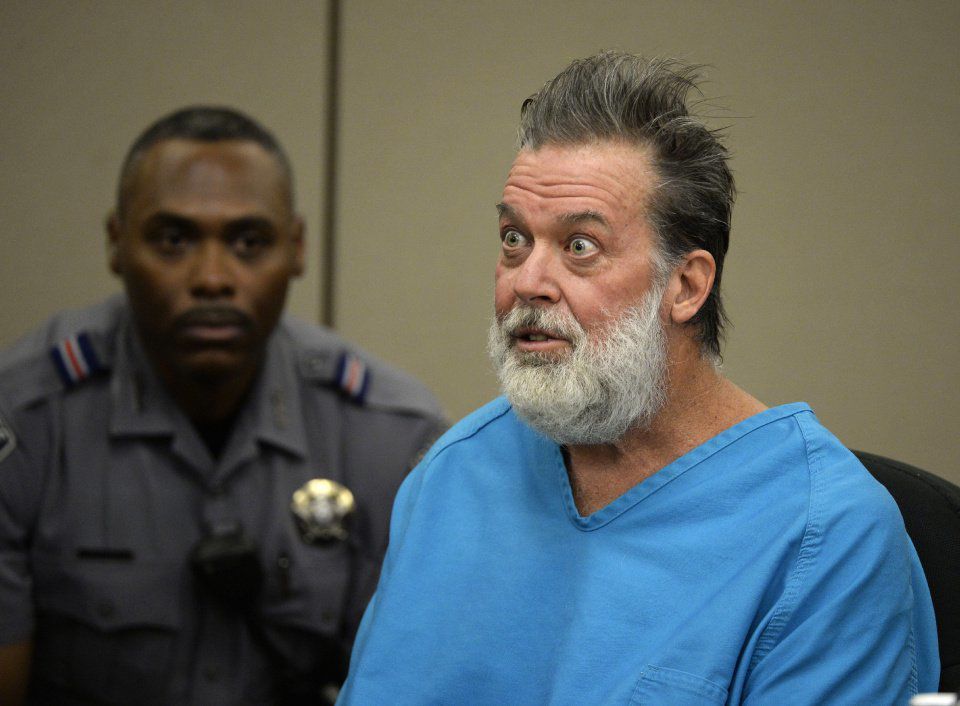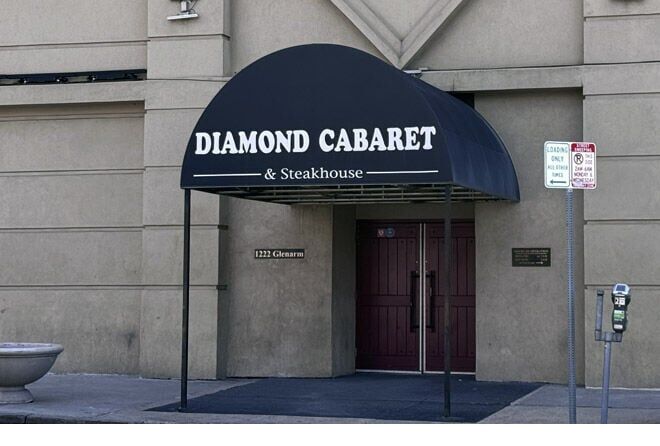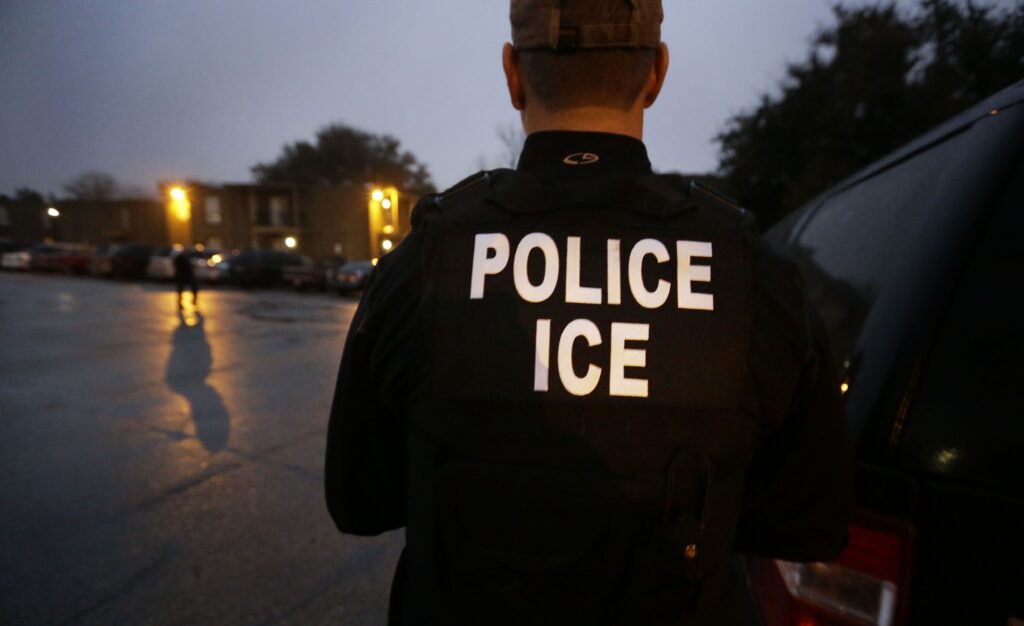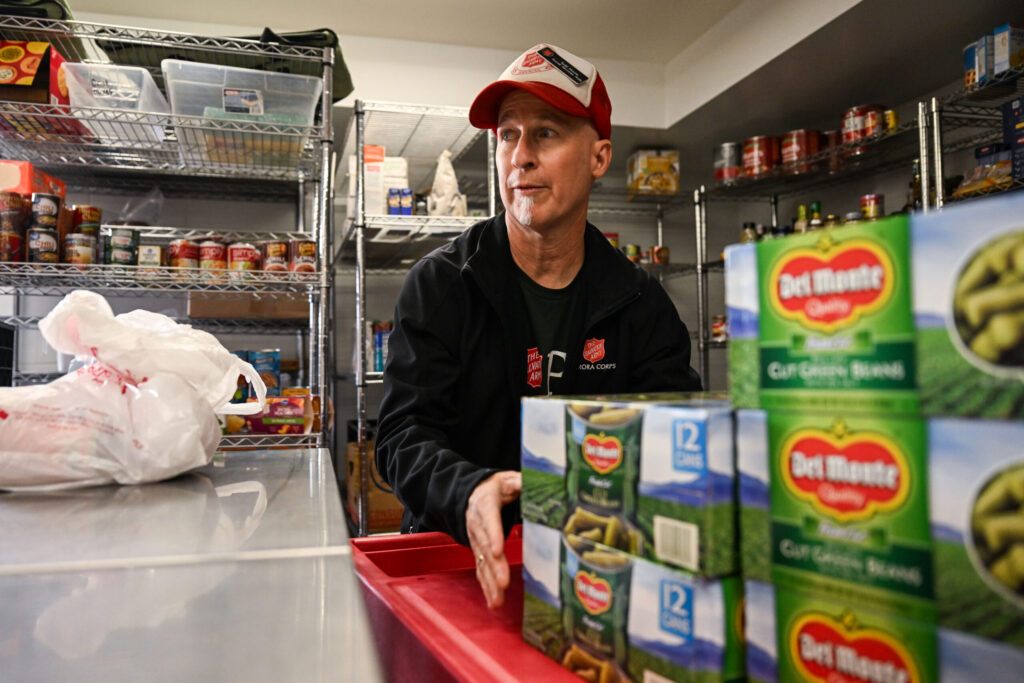Denver reduces DMV, other services, as mayor paints grim financial picture driven by immigrant crisis
Denver Mayor Mike Johnston on Friday said the city will be scaling back Department of Motor Vehicle and Parks and Recreation services to cut costs in the wake of the $42 million crisis sparked by the unprecedented influx of immigrants arriving in Denver over the past 14 months.
Some DMV locations will also see rotating closures.
The belt tightening, Johnston said, will not require staff cuts but is expected to save the city $5 million.
“This is a plan for shared sacrifice,” he said.
Last month, Johnston warned council members that the city had reached a breaking point responding to the humanitarian crisis at the U.S.-Mexico border, which now threatens the fiscal health of Colorado’s most populous city.
Johnston has said that the costs could reach up to $180 million this year.
He instructed department heads to find 10% to 15% in cuts.
At the time, Denver was seeing hundreds of new arrivals daily and was sheltering nearly 5,000 immigrants.
While that wave has since receded — the immigrants have been arriving in surges after illegally crossing the border — the cost to the city now means direct cuts to services.

Mayor Mike Johnston listens to a question from a member of the media during a press conference on Friday, Feb. 9, 2024, at the Denver City & County Building in Denver, Colo. (Timothy Hurst/Denver Gazette)
Johnston said during a Friday press conference the city will reduce DMV hours and will eliminate in-person vehicle registration renewals. Starting March 4, those will need to be done through the mail, online at mydmv.colorado.gov or at kiosks in grocery stores around the city.
Denver’s five DMV locations will also have weekly closures on a rotating basis every four weeks.
The Department of Parks & Recreation, meanwhile, will reduce operating days starting on Feb. 20 from seven to six days weekly, according to the mayor’s office. While neighborhood centers will remain open six days a week, their operating hours will be reduced.
The city will also pause new permit applications for public events, special occasions and tournaments.
The city will also forgo planting flower beds this year.
Moreover, city officials are not expected to fill numerous open positions and will review city contracts and programs.
Additional department cuts are expected.
Last month, Denver began reallocating funds for the immigrant influx response, which included pulling $10 million from the city’s contingency fund, as well as $15 million from the Richard T. Castro building remodel.
This, combined with the $5 million savings from changes to DMV and parks operations, means Denver will have roughly $30 million set aside for the humanitarian response, officials said.
Johnston blamed Congress’ failure to pass a proposal unveiled by senators a few days ago. The proposal — which is practically dead — sought to overhaul the asylum system at the border with faster and tougher enforcement, as well as give presidents new powers to immediately expel immigrants if authorities become overwhelmed with the number of people applying for asylum. The new bill also sought to invest in U.S. defense manufacturing, send $14 billion in military aid to Israel, steer nearly $5 billion to allies in the Asia-Pacific, and provide humanitarian assistance to civilians caught in conflicts in Ukraine and Gaza.
“What is true now, is we’re entering into a different stage, which is without any federal support, without any work authorization, without changes to policy,” Johnston said. “We are going have to make changes.”
Those changes include decreasing the number of immigrants served by the city. Johnston provided no additional details, except to say the city would not be “shutting the door” on new arrivals.
Others in Colorado put the blame squarely on the Biden administration.
“The Biden administration has placed the safety of all Americans at risk with their open border policies,” U.S. Rep. Doug Lamborn recently said on Twitter. “(Homeland) Secretary (Alejandro) Mayorkas has been the architect of this neglect. It’s time for accountability.”
As of Friday morning, the city was sheltering roughly 3,500 immigrants.
While Denver officials have been reticent to say what the city’s shelter capacity is, Jon Ewing, a Denver Human Services spokesperson, has said the city is tapped out at about 5,000 sheltered.
Denver has imposed length-of-stay caps to ensure enough shelter space for new arrivals.
Over the past 14 months, Denver has welcomed more than 38,400 immigrants from South and Central America, particularly Venezuela.
Early in the crisis, city leaders decided that Denver would feed and shelter arriving immigrants and provide transportation to their final destination.

Mayor Mike Johnston answers a question from a member of the media during a press conference on Feb. 9 at the Denver City & County Building in Denver.
That decision has come at a staggering cost: more than $42 million, and counting.
To date, the state and federal government have reimbursed the city roughly $14 million.
Johnston — along with the mayors of Chicago and New York City — has become the face of the nation’s immigration crisis. He has repeatedly advocated for federal assistance, saying the country also needs a coordinated entry plan and work authorization.
Politically polarizing, a solution that addresses illegal immigration and protects the nation’s southern border has eluded lawmakers for decades.
While 600 miles from the international border in El Paso Texas, officials have speculated immigrants are drawn to Denver because of its relative proximity to the Mexico border while others believe the appeal is its status as a so-called “sanctuary city.”
Generally speaking, a sanctuary city is a designation given to municipalities and counties that establish policies discouraging local law enforcement from reporting an individual’s immigration status to federal authorities.

Mayor Mike Johnston, center, speaks during a press conference on Friday, Feb. 9, 2024, at the Denver City & County Building in Denver, Colo. (Timothy Hurst/Denver Gazette)
Still others have blamed Texas Gov. Greg Abbott, who has transported more than 100,000 immigrants to sanctuary cities such as New York City, Chicago and Denver. In response, Abbott’s office said that instead of attacking Texas’ efforts, Democrat mayors should “call on their party leader to finally do his job and secure the border — something he continues refusing to do.”
Since mid-May, Abbott has transported more than 16,000 to Denver alone. That’s more than Los Angeles and Philadelphia combined.
On the eve before the press conference, Councilwoman Flor Alvidrez said the city had put its financial hopes in the bipartisan U.S. Senate border bill that House Speaker Mike Johnson earlier this week had said was “dead on arrival.”
“Now, we need to expect no federal support,” Alvidrez said.


















